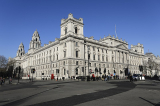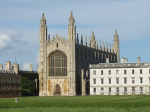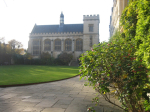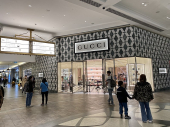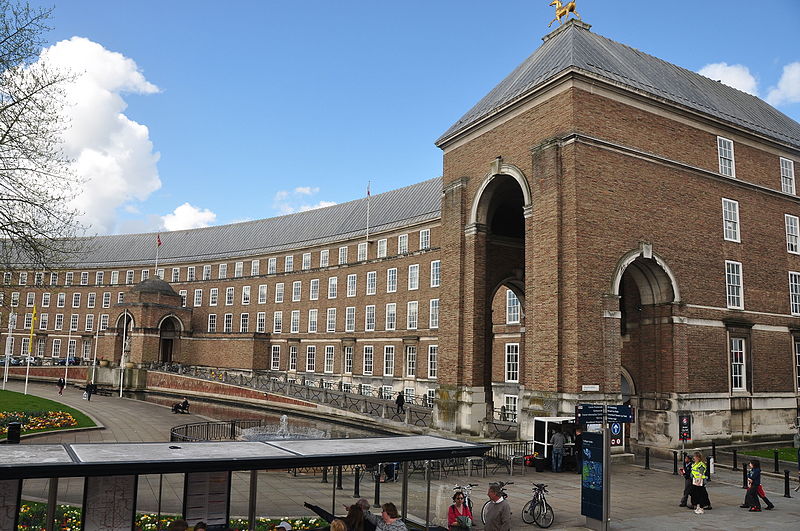
Bristol's ambitious plan for a "livable neighbourhood" initiative, aimed at creating low-traffic residential streets to benefit pedestrians and cyclists, is encountering growing challenges.
The scheme has become a subject of contention, with opposition surfacing in various parts of the UK, including Jesmond in Newcastle and Oxfordshire.
In a recent Uxbridge and South Ruislip byelection, the ultra-low emission zone (Ulez) introduced by London's Labour mayor, Sadiq Khan, took center stage. The anti-Ulez sentiment from that election has even reached Bristol, despite Ulez not directly affecting the city. At a public meeting on livable neighbourhoods, organized with the help of a London-based anti-Ulez group, concerns were raised about the appropriateness of tying the two issues together.
While some residents of Bristol welcome the initiative, recognizing its potential benefits for cycling and pedestrian spaces, others are apprehensive. Documentary filmmaker Alex Blogg, a supporter of livable neighbourhoods with some reservations, believes that the focus should remain on the local impact rather than involving unrelated policies like Ulez.
Contrary to inaccurate media reports, a second trial of a livable neighbourhood in south Bristol has not been paused. However, the overall political backlash against low-traffic schemes is growing, with Downing Street considering measures to ban new LTNs and restrict access to databases, potentially rendering the zones unenforceable.
Amid these controversies, the council is committed to the current trial, seeing it as a precursor to future schemes. Nevertheless, concerns linger among some Bristol residents and businesses, who feel that proper consultation was lacking and worry about the scheme's implications for accessibility, particularly for larger families and those dependent on cars.
Advocates for the initiative stress the importance of reducing emissions and air pollution by encouraging walking, cycling, and public transport usage. They believe that rolling out and supporting livable neighbourhoods is essential for cleaner air and a sustainable future. Photo by Nilfanion, Wikimedia commons.











